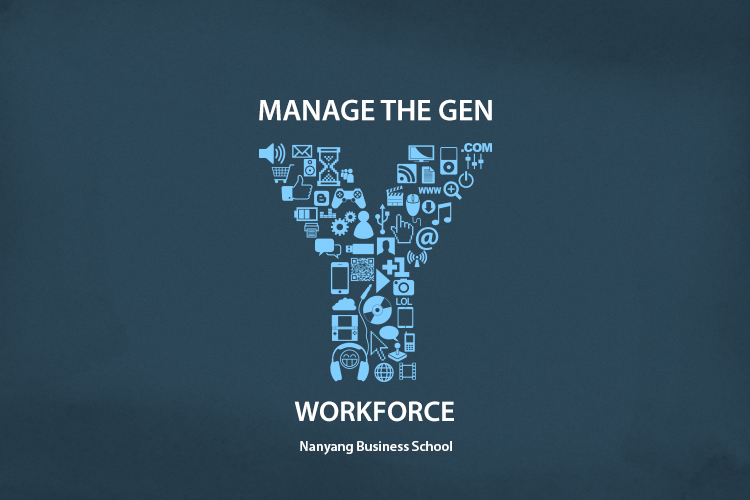The Gen Y members or the millennial generation has a reputation for being spoilt and hard to handle. That’s actually not true. You just need to manage them well. These are headstrong individuals who refuse to be a part of a command and control leadership structure. They believe in doing things because they WANT to and not because they have been told to do them by somebody else. The good news is that the Gen Y workforce thrives on setting new challenges for themselves and is focused on constant self-development. So instead of worrying about how you would manage the millennial clan, learn how to communicate with them:
- Give Constant Feedback
This generation seeks regular interaction and acknowledgement. Being stuck at a desk alone all day and getting work done isn’t enough. The typical Gen Y employee needs to feel that he is working with a purpose. So a supervisor needs to stay present and be consistent with feedback. You should check-in in some way. That could involve a weekly report or a quick coffee session. You are not expected to give out prizes every week, but let the employee know that you know about and appreciate his effort at work.
- Be Flexible
Gen Y workers want to deliver results and be proud of themselves, but they probably won’t like being told exactly how to approach a project. It would be a better idea to explain the end result you seek. You should also suggest how to go about it and give examples of how it worked in the past, but don’t forget to give them a chance to provide their thoughts on it. Ask them how they would tackle the project.
- Consider their Wellbeing
A lot of Gen Y workers continue to rebel against the morning to evening, stuck in a desk routine that people followed without question before. The millennial is focused on bringing value to his/her organisation, but not at the cost of wasting precious time. Long commutes are a major complaint. Allowing some days of work from home is a way to deal with this, as long as productivity levels do not suffer. If you absolutely need them in the office, then devise a plan of other benefits such as reimbursement for gym membership, a nap room, and chairs that keep their backs happy. This generation is more aware of psychological and physical burn out and its effects, so they will appreciate the gestures and be happier at work. And happy employees work well.
- Encourage Growth
While Gen Y workers are known to change jobs frequently, that is not a reflection of their loyalty as much as their reaction to a lack of growth. If you don’t want to spend hours interviewing, hiring and training new employees every year, you need to understand the millennial’s thirst for learning and skill building. Be their mentors and not a distant boss. Talk to them about their future career goals. Give them time to attend important seminars and industry events. See if the company can support them in further education endeavours.
- Keep Them Motivated
When a Gen Y individual joins a new job, s/he is ready to do ‘real’ work from day one. Challenging is the key word here. As their managers, you need to let them know that you would love to hear their ideas. It could be a regular brainstorming session, with the entire team. Creativity and innovation drive this demographic cohort; allow them to constantly contribute and never put down any ideas in front of the other workers.
There are numerous advantages of working with Gen Y. They are tech-savvy, fast learners and seek personal fulfilment. They are very competitive as well. These characteristics enable them to bring a vibrant force to decision-making and their work. Once you know how to interact with them, your company will benefit as well.










